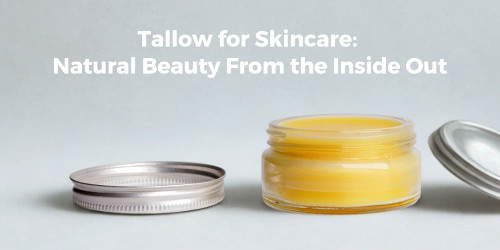Hypertension, or high blood pressure is when the pressure of your blood is too high (140/90 mmHG or higher). The higher the pressure, the harder the heart has to pump, which can potentially lead to health complications if not properly treated or managed. According to The World Health Organization (WHO), it is a major cause of premature death worldwide, with upwards of 1 in 4 men and 1 in 5 women – over a billion people – having the condition.
Risk Factors
Hypertension, or high blood pressure, can be influenced by various risk factors. Here are some common factors that may increase the likelihood of developing hypertension:
- genetics or family history
- age
- obesity or being overweight
- sedentary lifestyle or lack in physical activity
- high-salt diet
- excessive alcohol consumption
- stress
- chronic kidney disease
- diabetes
- high in cholesterol
How is hypertension diagnosed?
Hypertension is diagnosed if, on two different days, the systolic blood pressure readings are ≥140 mmHg and/or the diastolic blood pressure readings are ≥90 mmHg.
Symptoms of hypertension
Individuals experiencing high blood pressure often don't exhibit noticeable symptoms. The only way to know is by getting your blood pressure checked.
Individuals with 180/120 blood pressure or higher, may encounter the following
symptoms:
- severe headaches
- chest pain
- dizziness
- difficulty breathing
- nausea
- vomiting
- blurred vision or other vision changes
- anxiety
- confusion
- buzzing in the ears
- nosebleeds
- abnormal heart rhythm
If you are experiencing any of these symptoms and a high blood pressure, contact your GP or a health care specialist immediately.
Treatment
Changing your lifestyle
can likely help lower your risk of having high blood pressure. It may include:
- changing your diet - avoid eating food with high salt content. A healthy alternative to salt would be heart salt, a potassium-enriched salt that replaces some of the sodium chloride that makes up regular salt
- quit smoking
- avoid too much alcohol consumption
- be physically active
- avoid stress
If you have high blood pressure, your doctor may prescribe one or more medications based on your specific health conditions.
The recommended blood pressure goal varies and may be less than 130/80 if you have cardiovascular disease, diabetes, chronic kidney disease, or a high risk for cardiovascular disease.
For most individuals, the general goal is to maintain blood pressure levels below 140/90.
Talk to your GP or a healthcare professional for recommended medications.
Prevention
- maintain a healthy diet - eat fruits and vegetables
- be active, make sure to exercise
- lose weight
- do no eat food with too much salt
- do not smoke
- do not eat foods high in saturated or trans fats
- do not drink too much alcohol
- manage stress
- take your blood pressure regularly
- take medicines as prescribed by your health care professional
Conclusion
Hypertension or high blood pressure can increase the risk of heart, brain,
kidney and other diseases. Regular check-ups, a healthy diet, exercise, and
stress management are crucial for maintaining optimal blood pressure and
overall cardiovascular health. Individuals with risk factors should work
closely with healthcare professionals to monitor and manage their blood
pressure effectively.















